When terror hits home: A dispatch from the San Bernardino shootings
When you read about mass killings, you don't expect them to happen in your sleepy little town. Sometimes they do.

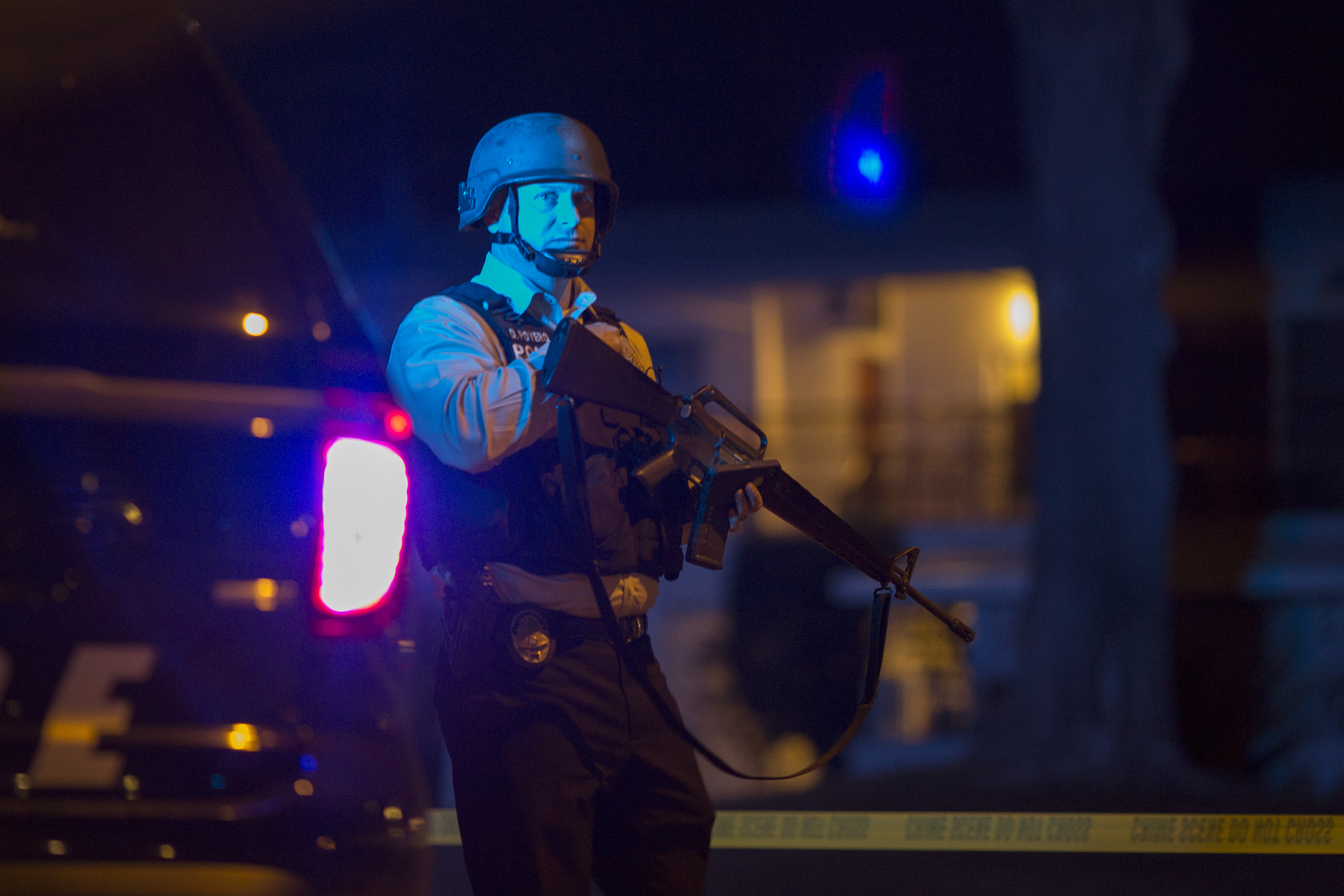
They all said the same thing: This kind of thing doesn't happen in Redlands.
Late Wednesday morning, the news started to spread around this Southern California town that a mass shooting had taken place in San Bernardino, about 10 short miles down Interstate 10. Everyone seemed to know someone who knew someone who worked inside the Inland Regional Center, or was a San Bernardino police officer called to the scene, or a nurse at Loma Linda University Medical Center, working to save the life of a shooting victim.
Then, word came in the afternoon that there was a standoff with two suspects in San Bernardino. Later, after confirming that a man and a woman were dead, San Bernardino Police Chief Jarrod Burguan announced that anonymous tips had pointed officers in the direction of a home in Redlands, where police officers spotted the suspects before going on a pursuit. Soon, the crime scenes weren't just in San Bernardino, but also in quiet Redlands. Although it's still not known if Syed Farook and Tashfeen Malik lived in the townhouse together, San Bernardino police said the suspects — believed to be responsible for the deadliest mass shooting in the U.S. since Newtown in 2012 — were connected to the residence.
The Week
Escape your echo chamber. Get the facts behind the news, plus analysis from multiple perspectives.

Sign up for The Week's Free Newsletters
From our morning news briefing to a weekly Good News Newsletter, get the best of The Week delivered directly to your inbox.
From our morning news briefing to a weekly Good News Newsletter, get the best of The Week delivered directly to your inbox.
Patrick Manyika was in shock when he checked the news on his phone and found out that police officers and FBI and ATF agents were raiding a townhouse in the complex next to his. Earlier, he had fielded texts from concerned friends, and told them he was far away from the situation. Now, it was next door.
"When I checked CNN and recognized the apartments right next to mine, I thought, what is going on in my neighborhood?" Manyika told The Week.
He walked over and saw news vans, ambulances, and police cars everywhere. By talking to other neighbors, he started to piece together what was going on: A robot was inside the apartment, looking for explosives, and the apartments in the immediate vicinity had been evacuated. "Everyone is telling a different version of the story," he said. "There was one woman worried about her children, and she was crying."
Manyika survived the Rwandan genocide, and came to the United States to finish college and graduate school. Although this shooting was on a different scale, it still reminds him of the darkness he witnessed firsthand at home.
A free daily email with the biggest news stories of the day – and the best features from TheWeek.com
"Thinking that I probably walked by someone who was planning to kill people this morning, it's a flashback to Rwanda," he said. "You come here, hoping things are going to be safer, and you find out the same thing is happening."
For Liz Schroeder, a lifelong resident of Redlands, it was hard to comprehend that such a high-profile attack was linked to the city.
"Even though San Bernardino and the Inland Empire have their share of problems, this was still shocking for our normally quiet corner of Southern California," she said. "And it's a small community, because everyone knew so many people who had connections to this event. My friend's stepbrother works at the building, my coworker used to work there, and my brother on the other side of the country was not expecting to hear his hometown on the national news."
Diana Harper, another lifelong Redlands resident, called the shooting a "tragedy."
"I hope we can all learn a lesson from this and band together to stop hatred and gun violence," she said. "It's so weird that something like this happened so close to home. You never think it will happen in your own town. I feel happy they were caught but horrified it even happened."
The city of Redlands is home to the University of Redlands, a private liberal arts college. Alejandro Lara, a junior studying chemistry, said the students there were on high alert.
"A lot of people were receiving calls from friends and relatives" to make sure everyone was okay, he said. Classes were canceled once the home in Redlands was raided, he added, and "that put everyone on even higher alert, as people wondered if it would come down to our campus. I think people were a little freaked out with a lot of helicopters flying overhead."
One resident, who asked that her name not be used, said she wondered if she walked by the suspects at the grocery store, or stood in line with them at Starbucks. She also said she is sick and tired of seeing innocent people die because of gun violence.
"There's a reason why I live here and not in Los Angeles," she said. "I felt safe here in my bubble. Usually, things like this happen in big cities. But lately, it's in small towns, everywhere. I am sick of it. I don't feel safe anymore. There are too many guns, and I don't want to hear about people talking about needing more of them for safety. What about my safety? When is this going to end?"
Catherine Garcia has worked as a senior writer at The Week since 2014. Her writing and reporting have appeared in Entertainment Weekly, The New York Times, Wirecutter, NBC News and "The Book of Jezebel," among others. She's a graduate of the University of Redlands and the Columbia University Graduate School of Journalism.
-
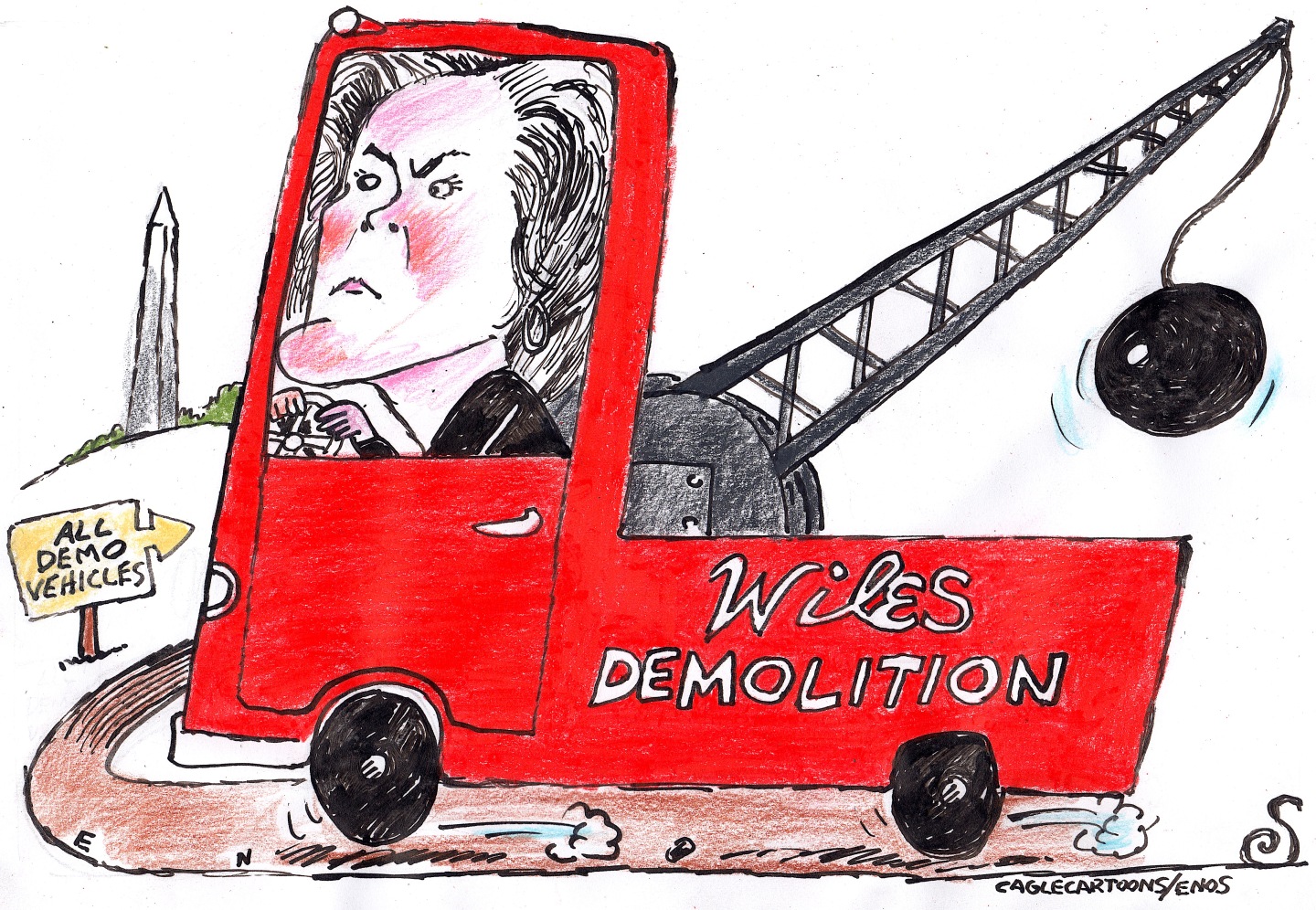 5 fairly vain cartoons about Vanity Fair’s interviews with Susie Wiles
5 fairly vain cartoons about Vanity Fair’s interviews with Susie WilesCartoon Artists take on demolition derby, alcoholic personality, and more
-
 Joanna Trollope: novelist who had a No. 1 bestseller with The Rector’s Wife
Joanna Trollope: novelist who had a No. 1 bestseller with The Rector’s WifeIn the Spotlight Trollope found fame with intelligent novels about the dramas and dilemmas of modern women
-
 Codeword: December 20, 2025
Codeword: December 20, 2025The daily codeword puzzle from The Week
-
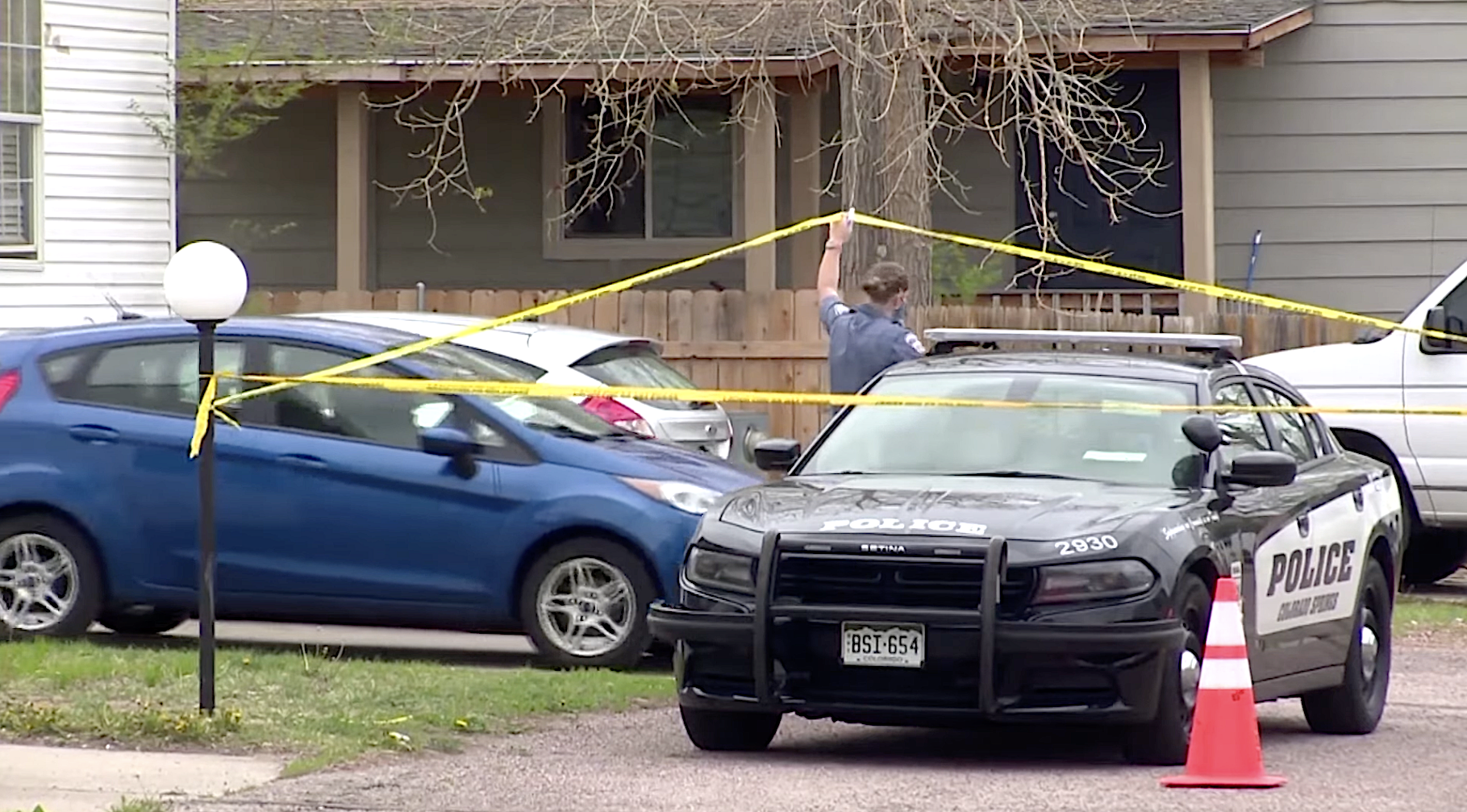 Gunman kills 6, himself at Colorado Springs birthday party
Gunman kills 6, himself at Colorado Springs birthday partySpeed Read
-
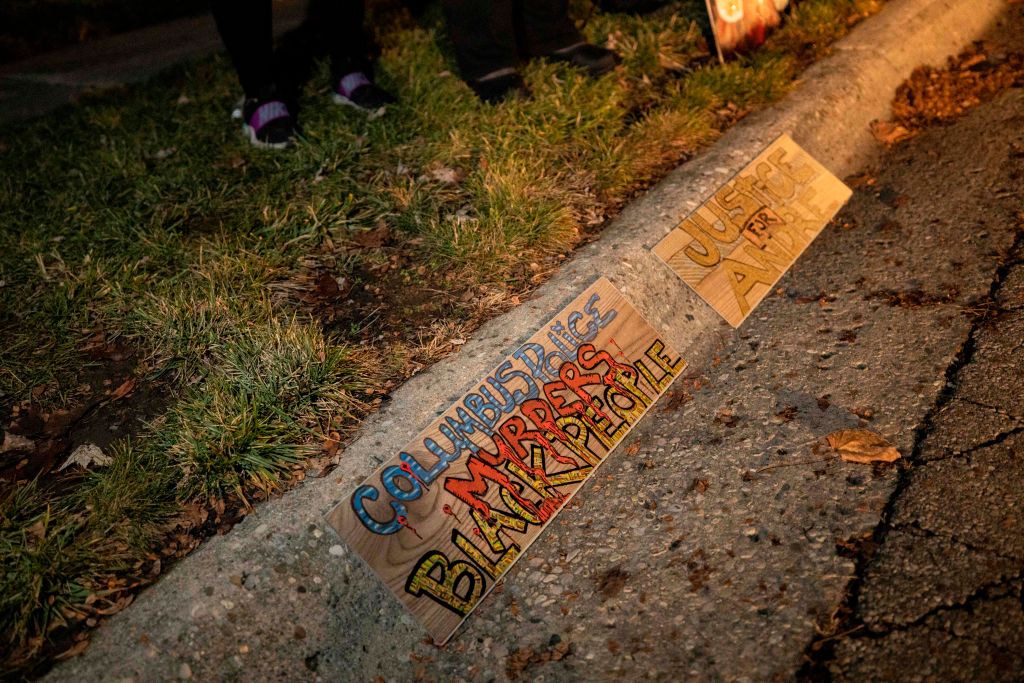 Columbus police fatally shoots Ma'Khia Bryant, 16, quickly releases body-cam footage
Columbus police fatally shoots Ma'Khia Bryant, 16, quickly releases body-cam footageSpeed Read
-
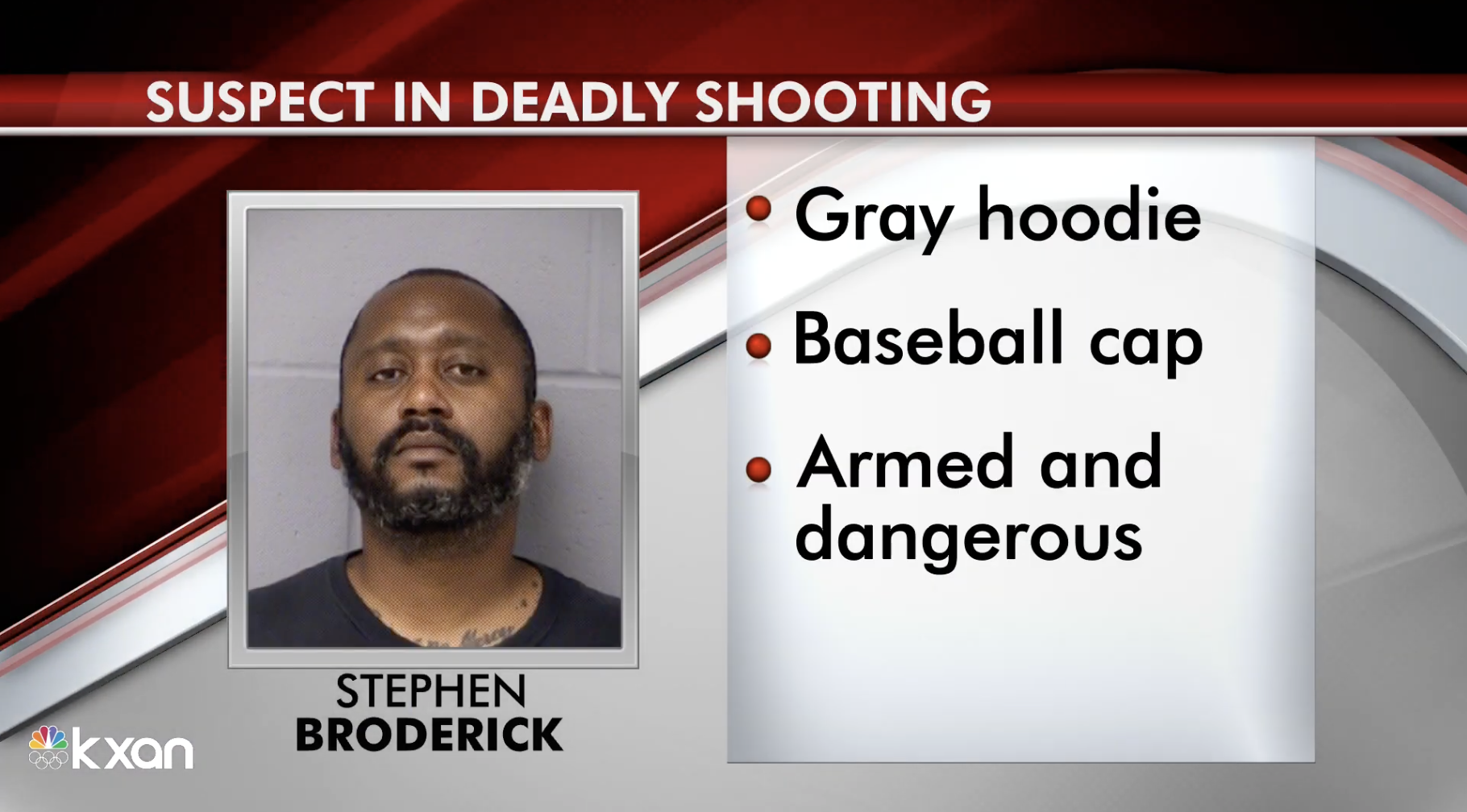 Austin police, feds searching for ex-sheriff's deputy accused of killing 3, in Sunday's 2nd mass shooting
Austin police, feds searching for ex-sheriff's deputy accused of killing 3, in Sunday's 2nd mass shootingSpeed Read
-
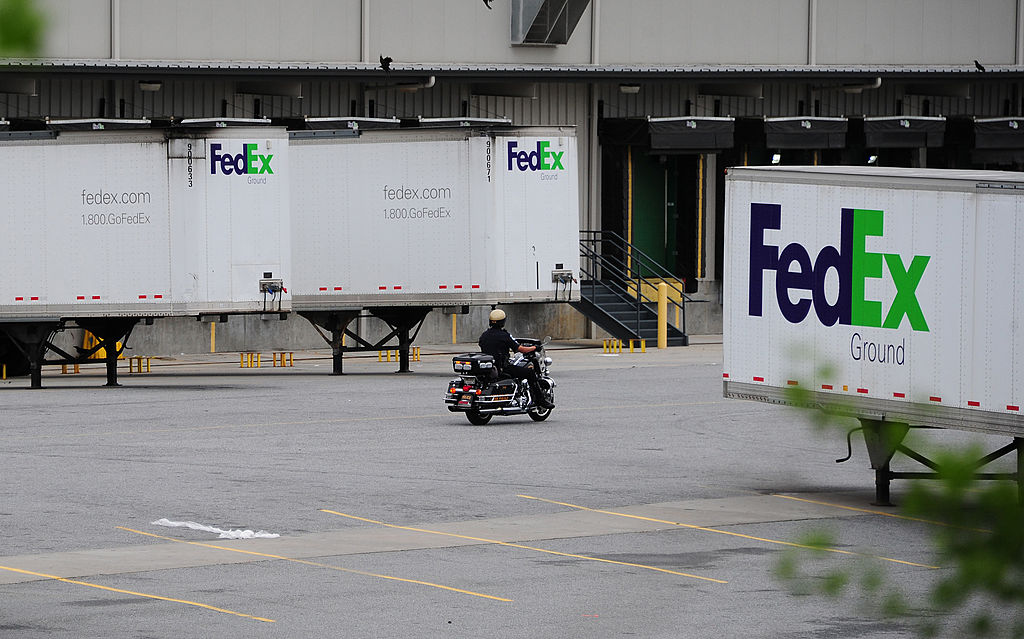 At least 8 dead in Indianapolis FedEx shooting
At least 8 dead in Indianapolis FedEx shootingSpeed Read
-
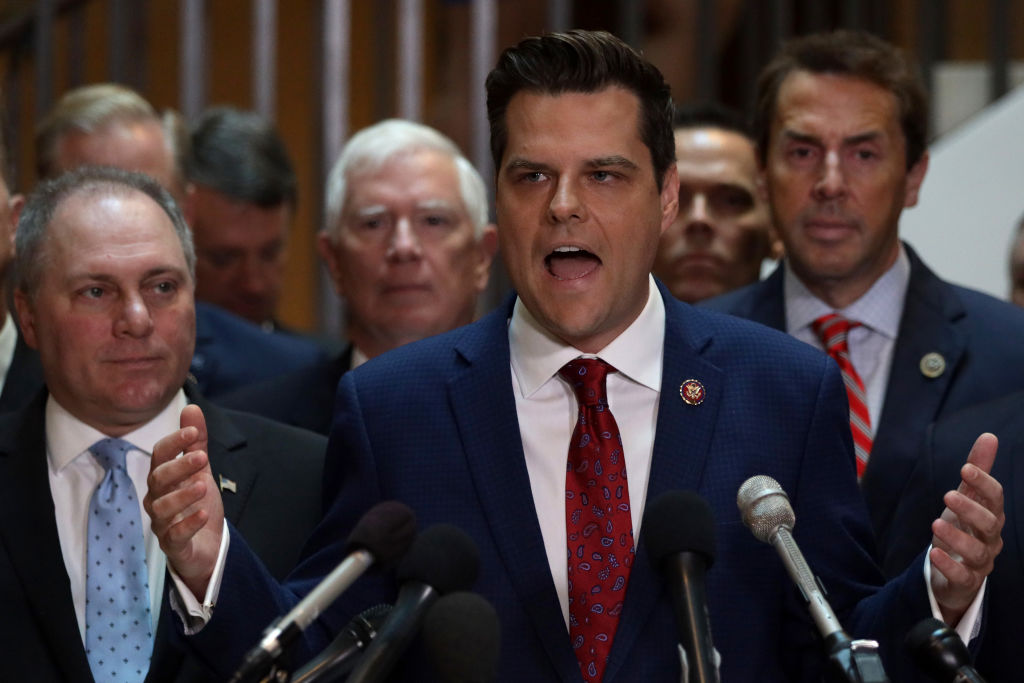 Scalise says GOP will 'take action' on Gaetz if DOJ moves ahead with 'formal' case
Scalise says GOP will 'take action' on Gaetz if DOJ moves ahead with 'formal' caseSpeed Read
-
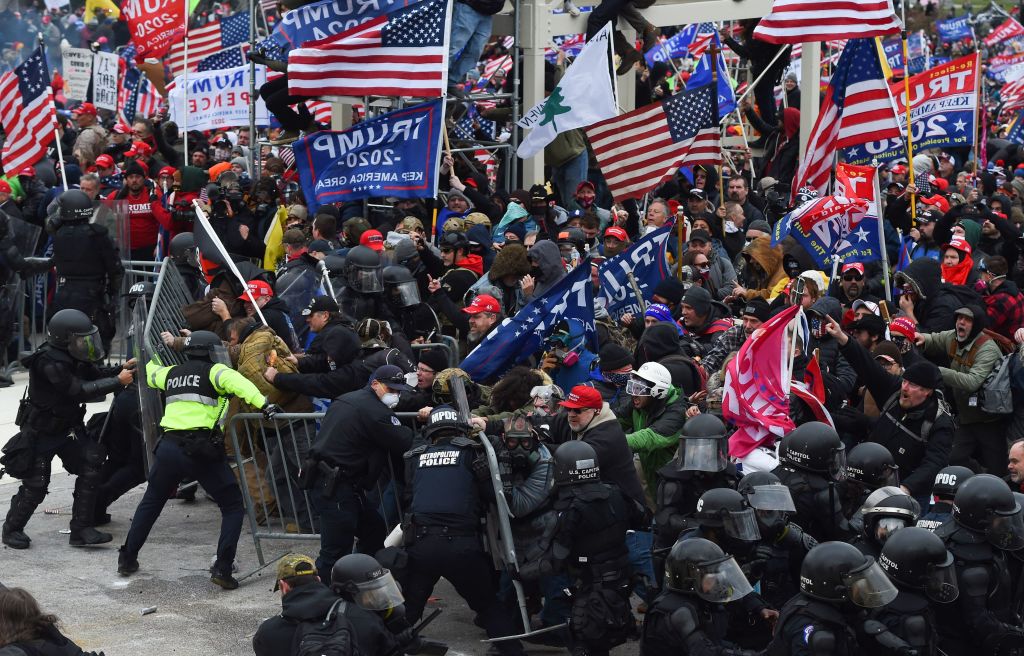 Watchdog report: Capitol Police knew about potential for violence on Jan. 6, but held back
Watchdog report: Capitol Police knew about potential for violence on Jan. 6, but held backSpeed Read
-
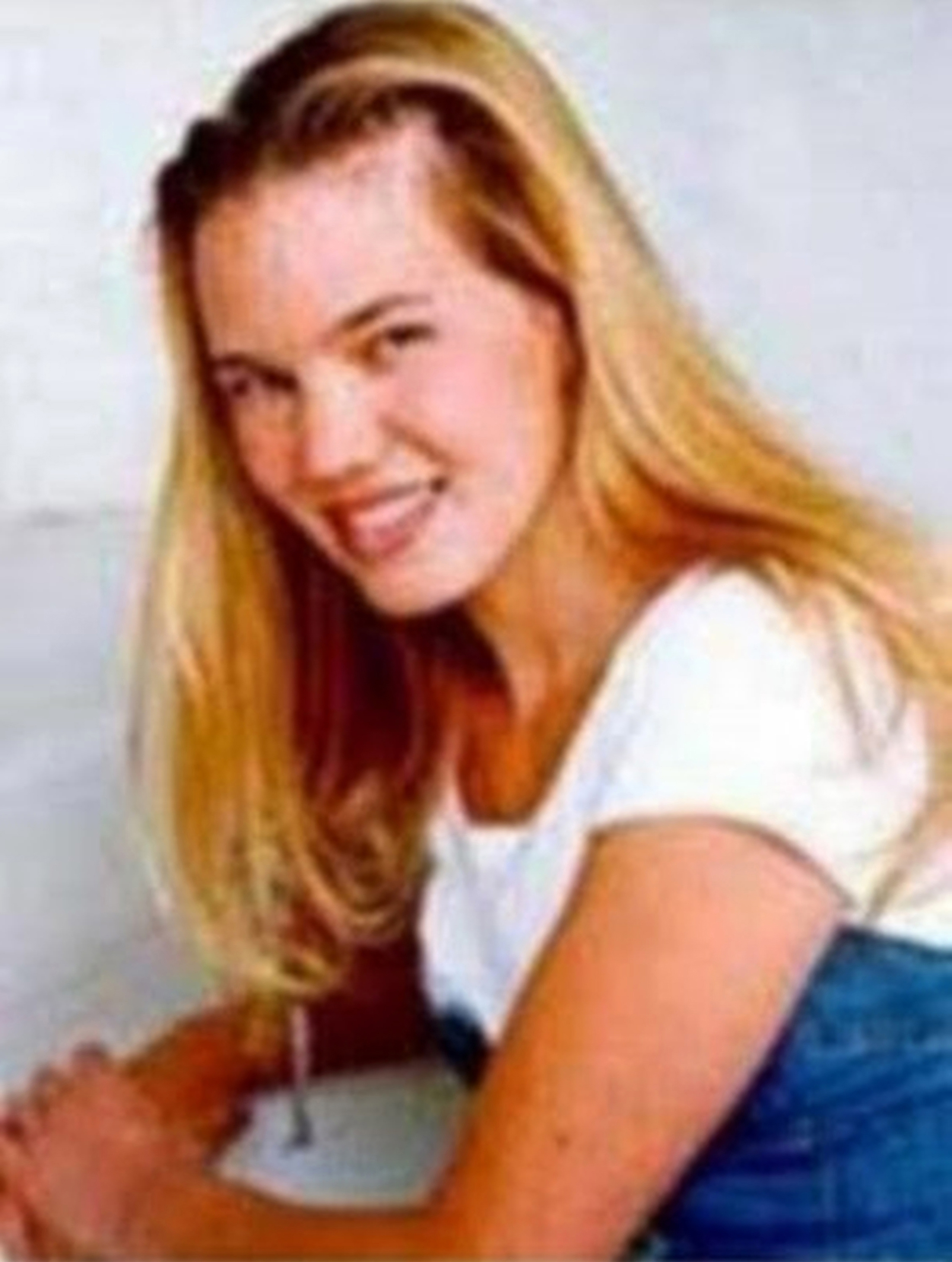 Former classmate arrested in 1996 disappearance of college student Kristin Smart
Former classmate arrested in 1996 disappearance of college student Kristin SmartSpeed Read
-
 Report: Gaetz associate has been cooperating with federal investigators since last year
Report: Gaetz associate has been cooperating with federal investigators since last yearSpeed Read
